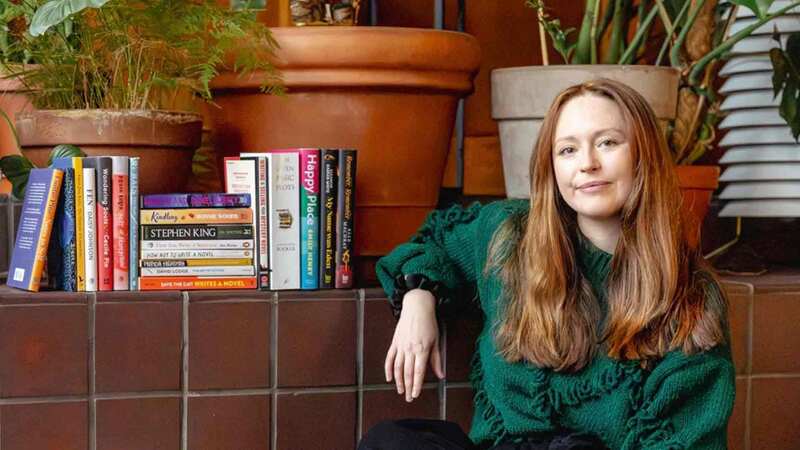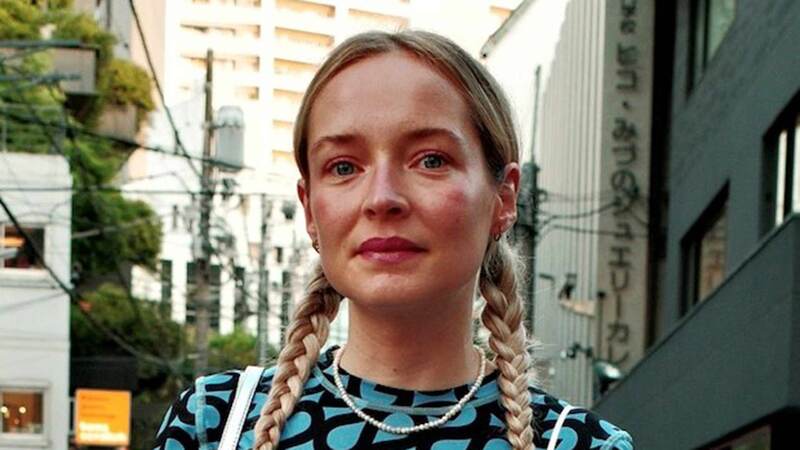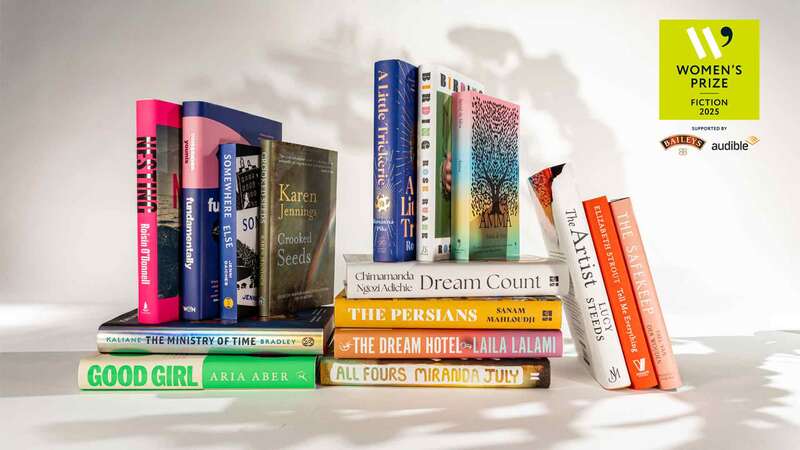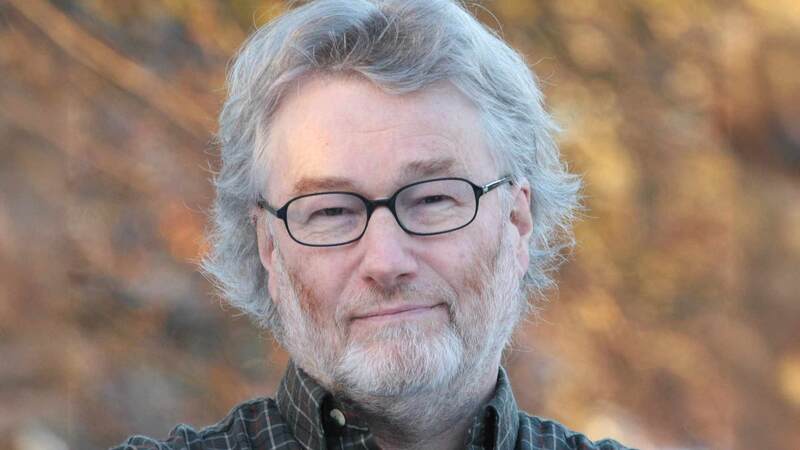You are viewing your 1 free article this month. Login to read more articles.
Going virtual brings stronger competition for literary festivals
Festival organisers who have taken their events online during the pandemic are celebrating the increased outreach of virtual events, but say they also bring a "new set of challenges".
Acting director of Ilkley Literature Festival Erica Morris told The Bookseller digitising festivals ramped up competition, as audiences are now not constrained by physical accessibility and geography, and inundated with online offerings.
"Literature festival audiences tend to be localised, more so than for other art forms," she said. "The geographic limits on audience attendance has meant that festivals have been able to coexist happily, even with several festivals running at similar points in the calendar, without the need to compete for audiences, or—to any great extent—for authors either, as publicists have become adept at routing author tours to take advantage of the opportunity of booking several festival appearances into the same week.
"Now festivals are moving online those limits no longer apply. We are already talking to each other as a sector and exploring ways in which we can avoid programming duplications, timing clashes and market saturation."
Adrian Turpin, director of Wigtown Book Festival, has moved the event online but is concerned the market for virtual literary events is becoming overrun, to the detriment of smaller festivals.
"Once geography is taken out of the mix, it's problematic," he said. "The idea that everyone can just be producing endless digital events makes me slightly suspicious about how long there is going to be a market for that. It's very sad, but I think there is going to be a withering [of smaller festivals]. It would be a shame if we ended up with just 10 large festivals across the country."
Michelle Hodgson, director of Huddersfield's literature festival, had to cancel the physical events a week before UK lockdown online, but was able to offer a digital alternative. "We had to cancel 47 out of 53 events with two days' notice, but we got the virtual things up and running very quickly," she said. "In a way, I feel lucky that we had to make the move so early in lockdown, because no one was really doing anything like it. Now it's saturated, and it makes you wonder how many people are tuning into all these events and Q&As, which are a lot of work."
Organisers were also concerned about the financial viability of future literary festivals, with many suggesting smaller events "won't survive".
Adrian Muller, director of Bristol's CrimeFest, said that like many festivals, Crimefest relies on sponsorship and ticket sales. "We are fortunate that many delegates have already given us their vote of confidence by transferring their registrations to 2021," he said. "However that could well be tempered by whatever financial hardship our delegates will have endured by then."
Morris said that some bigger festivals would be in a position to see out the loss of income for one year, but that "very few will be able to survive beyond that". "We don’t yet know what, if any, emergency public funding will be available to the cultural sector beyond September this year," she said.
As part of the wider arts and cultural sector, Arts Council England is in discussion about additional support with the Department for Digital, Culture, Media & Sport.
Despite acknowledging Scotland's arts funding outreach, Turpin was unsure literary festivals would feel the full benefits. "I think there's going to be a lot of demand for money to go into other things, and audience confidence is going to be problematic for a while," he said. "The demographic for book festivals is relatively old; quite a lot of people in their sixties and seventies. Are they going to feel safe? Until there is a vaccine, which there is no guarantee of, we can't be sure this is going to affect the business model well past next year."
Some festival organisers are using this time to "explores and test" monetising digital content. Morris said: "We don’t yet know which will prove successful and if the levels of income from live ticket sales can be replaced," while Turpin warned monetising digital events is "problematic for organisations, as you can't sell tickets for the same amount of money".
Other organisers have rolled out free resources this year, and expect to trial payment options in the future. Director Cathy Moore launched the online Listening Festival in response to the cancellation of the Cambridge Literature Festival. The platform is hosting recordings, archived events and podcasts available to access for free this year, with a view to introducing paid for content next year.
Moore said the corporate donors the festival relied upon had been "key to [their] survival this year," in addition to a Go Fund Me appeal. Organisers of this year's Hay Festival, which is now entirely online, raised £96,000 though a crowdfunding campaign. Events from Hay's first weekened have been streamed over 210, 000 times, with people from more than 63 countries tuning in.
Simon expects crowdfunding and personal funding to become commonplace if festivals are to survive. "We're going into a big recession so money is going to be tight," he said. "The way forward is going to need innovation, creativity and partnerships. People are going to be relying on community for funds, and using their own money to make festivals happen."
Festival producers have praised the "human spirit" that has fuelled crowdfunding, adding that lockdown has "galvanised" communities.
Morris said the pandemic had forced an "immediate response to move into the digital sphere, which will have a lasting legacy". She added that festivals are "very quickly increasing their digital capacity, upskilling their workforces and, without the usual geographic limitations, reaching new audiences - both here in the UK and internationally. That’s not going to be abandoned when the ability to safely hold live events returns."
All festival organisers The Bookseller spoke to agreed that, going forward, literary festivals would retain a core digital element. Black Book Festival, which has been postponed until 12th September, will be held at London's Goldsmiths University and supported online with digital content. Festival director David Simon told The Bookseller he will be "keeping the programme more or less the same, but including content supported by digital platforms, especially for overseas visitors".
"We are in contact with festivals worldwide so the technology will mean we can connect with them. In an odd way it's a blessing in disguise, because we can be more international," he added.
But despite the predicted legacy of online events, organisers overwhelmingly agreed that physical literary festivals could not be replaced virtually in the long term.
"The live festival in all of its glory will never be replaced by a digital offering," said Moore. "The crowds gathering for shared moments of brilliance, joy, insight, laughter and tears which is a feature of literary festivals up and down the country, can’t be replicated by a digital event."
Muller said Zoom sessions and their equivalent platforms had "nothing like the vibrancy of physically being present and sharing the occasion with fellow readers". He added that "nothing can replace the thrill of a post-event drink in the bar or tearoom with the author you've seen on stage".
Alex Fane, managing director of the company behind Words Weekend, said: "The online initiatives that all areas of the book industry have come up with have been phenomenal but there is nothing truly like a live event."
Words Weekend was due to be hosted at the Lowry in Manchester, but was shelved following the cancellation of the London Book Fair without an online alternative. Fane said the rest of 2020 looked "particularly bleak" for festivals but was optimistic that crowds would "flock back to festivals and live events as soon as it is safe to do so".
Patrick Gale, artistic director of North Cornwall Book Festival, last month announced the postponement of the festival to October 2021. He said provided social distancing could be ended in the near future, he has "every faith the UK’s literary festivals will recover".
He said: "The way they are funded varies hugely and that will be reflected in their ability to withstand and regroup as individual business, but what is without question is the public’s love of the book festival experience, and the tremendous value of book festivals to local economies and to local schools."


















